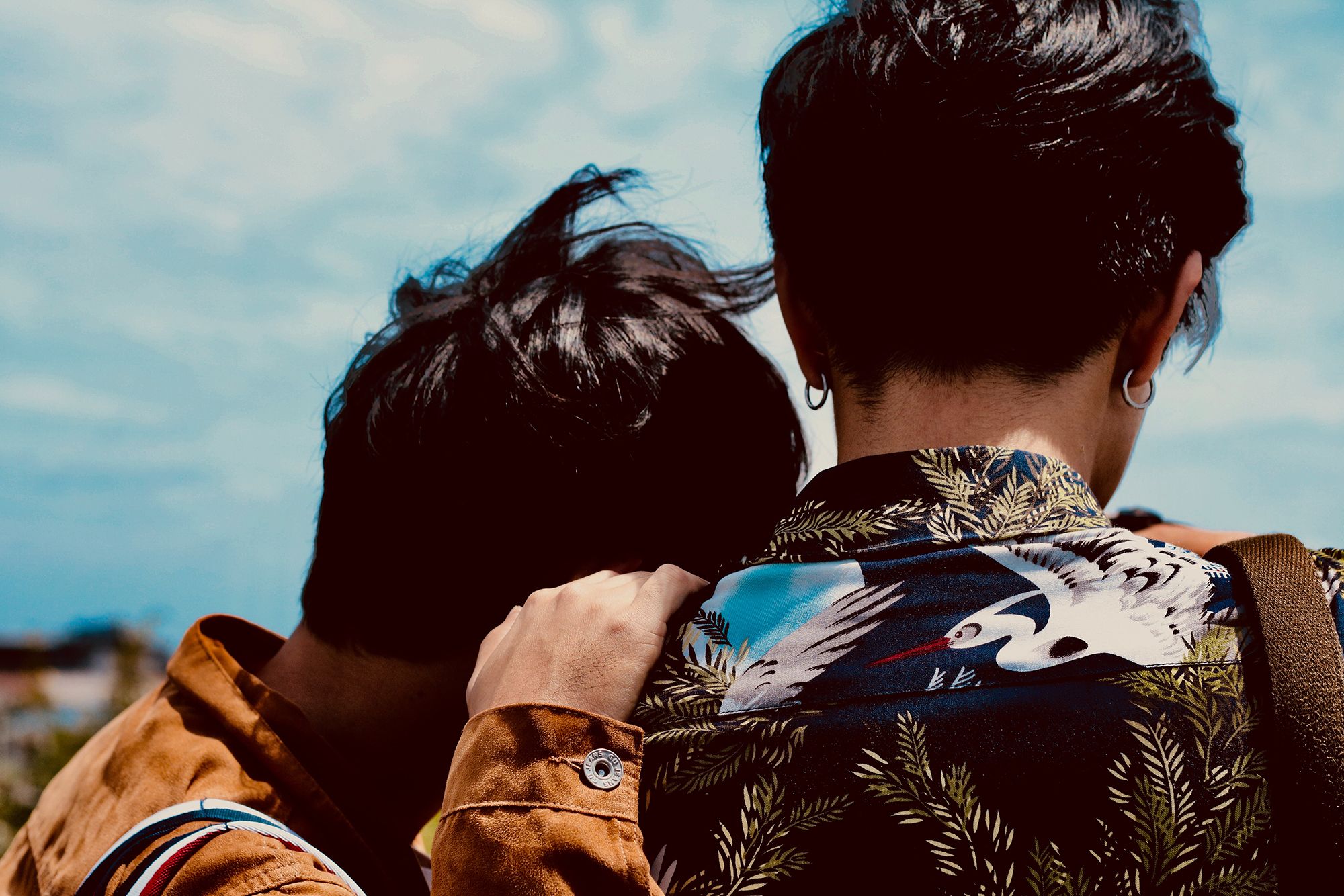7 ways mindfulness can help us cultivate stronger, more fulfilling relationships
Feb 28, 2021 — Gareth Yorke
Meditation is often touted as the go-to practice for self-care, personal development and introspective exploration, but mindfulness doesn’t have to be just about ourselves - it can have a profound effect on the people around us too, enhancing our relationships and strengthening our connections.
Meditation can be a powerful tool for cultivating and enhancing feelings of love, kindness and compassion, while also increasing our capacity for forgiveness and allowing us to become more effective communicators.
When we meditate, we explore the nature of our experience in the present moment, and give ourselves more choice over which thoughts and feelings deserve our attention, and which ones we can simply let go.
By becoming more mindful of the positive impact of our relationships, we can more fully embrace feelings of compassion and gratitude, and open ourselves up for love to grow.
Here are five ways that meditation and mindfulness can allow us to start fostering better relationships with our loved ones:
1. Mindfulness helps us cultivate feelings of love
Mindfulness in general has been shown to enhance positive feelings and improve overall wellbeing, but there is a specific type of meditation that aims to cultivate compassion, kindness and feelings of goodwill towards others - it’s called Loving-Kindness meditation. This stems from the Buddhist practice of ‘metta’ meditation, which is a Pali term that translates roughly as positivity and kindness toward others.
Research has found that when we use this type of meditation to direct positive thoughts towards the people in our lives we can experience increased love, joy, gratitude, contentment, hope, and awe.
Medito, the 100% free app, has several different mediation packs that can help you on your journey to enhanced relationships and greater compassion - check out the ‘Relationships’, ‘Loving Kindness’ and ‘Gratitude’ packs.
2. Mindfulness realigns our expectations
It can sometimes feel like we're always having to deal with unfulfilled expectations - whether it's with our colleagues, partners, parents or children. When we learn to accept our loved ones for who they are, we can start to realize when we are projecting our unrealistic expectations on to them.
We can realign our perceptions and expectations of the world around us by becoming more mindful in the present moment. Mindfulness teaches us to stop clinging to our judgments and our biases, leading to a greater understanding of and connection with the people around us.
The more you practice mindfulness, the more you start to notice that you can be selective over which thoughts and feelings are worth paying attention to. In this way, we can realign our expectations of situations and other people, and set the foundations for healthier relationships.
3. Mindfulness helps us to deal with conflict
Mindfulness can be an extremely important tool to help us deal with situations of conflict, because it allows us to be less reactive. When we become more mindful of our thoughts and feelings, we can learn to pause and give ourselves the space to be more objective in our responses, rather than reacting in the heat of the moment.
Research has shown that meditation helps to reduce feelings of anger, allowing us to respond to our situation in a more measured way. As we develop a more mindful, less reactive attitude towards difficult or provoking situations, we will start to manage conflict more wisely and more compassionately, which will lead to healthier, happier relationships.
4. Mindfulness makes us better communicators
By becoming more mindful, we can become more effective communicators, which can have a huge impact on our relationships. We can start to understand people better, and really hear what they say. We become less attached to our own thoughts and emotions, so our viewpoint becomes less biased.
Meditation helps us to treat ourselves and others with more compassion and openness, allowing us to speak more consciously, and listen more carefully, paving the way to better communication, and better relationships.
5. Mindfulness helps us to become more empathetic
Empathy is key to healthy relationships, from acquaintances to close loved ones. When we develop a greater sense of empathy, we see the world from other people's points of view more easily, which leads to increased feelings of connection and togetherness.
Mindfulness does this by helping us to become less controlled by our thoughts and feelings, and more grounded in the present moment, leading to a more open and compassionate frame of mind.
Research has shown that compassion-based meditation significantly boosts empathy - empathic accuracy was detected through both behavioral testing of the study participants and through functional magnetic resonance imaging (fMRI) scans of their brain activity.
6. Mindfulness makes us kinder
Meditation can help us to cultivate a more compassionate mindset, and to develop a propensity for kindness towards our loved ones. It goes without saying that this can have a tremendously beneficial impact on our relationships with family, friends, colleagues and acquaintances. Loving-Kindness meditation is designed to cultivate feelings of compassion and positivity, and has been shown to help people feel more connected to the people around them.
By meditating on love and kindness we can actually train ourselves to be kinder and more compassionate, and this can have a profound impact on our wellbeing, happiness, and on the strength of our relationships with the people we care for.
7. Mindfulness can make us more grateful
Gratitude meditation can have a profound impact on all aspects of our lives, making us happier, more appreciative and more compassionate - it's not surprising that this can make our relationships stronger and more fulfilling.
We can build a gratitude practice into our mindfulness routine using gratitude affirmations, by focusing on feelings of gratitude during meditation, or simply by acknowledging the things we are grateful for each day.
Conclusion
As you become more mindful in your day to day life, you should start to see the positive impact on your encounters with the people around you. This can alter the way we perceive the world, allowing us to become happier in the process, and opening the door to stronger and more fulfilling relationships.
Download Medito for free on the App Store or Google Play. The app contains packs of meditations on Loving Kindness, Gratitude and Relationships.
